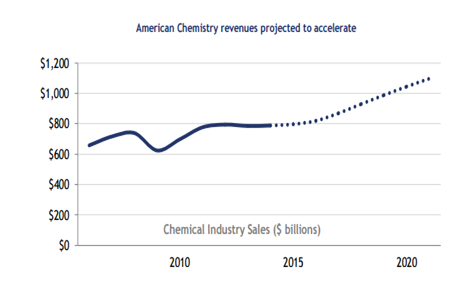Theme: Sustainable Industrial Chemistry & Advanced Measures for Waste Water Treatment: Improving Existing Technologies
Chemistry & Water Conferences- On behalf of Industrial Chemistry and Water Treatment organizing committee, we warmly welcome analytical expertise researchers, professors, scientific communities, delegates, students, business professionals and executives to attend "International Conference on Industrial Chemistry and Water Treatment" which is to be held during April 26-27, 2019 at Vancouver, Canada.
Industrial Chemistry and Water Treatment 2019 is an International platform for presenting research about chemistry and related fields thus contributes to the dissemination of knowledge for the benefit of both the academia, chemical and water treatment business. This event brings together the top professionals in the chemistry and chemical engineering field along with the highly affiliated professors to explore the advancements and latest applications achieved in the field of Industrial chemistry, Water Treatment technology and reverse osmosis membrane technology. Industrial Chemistry and Water Treatment 2019 discusses various fields of chemistry employed in Petroleum and Organic Industrial Chemistry, Industrial Polymers, Metals and Composites Chemistry, Industrial Processes, White biotechnology and Green Chemistry, Metallurgy and Material Science in Industrial Chemistry, Applied chemistry, Industrial Photo Chemistry, Pharmaceutical Chemistry, Clean water technology, Water Solutions and Strategies in chemical Industry, Reverse Osmosis and Nano filtration, Domestic Water Treatment, Desalination, Ultrapure Water Production, Industrial Water and Waste Water treatment, Boiler Water Treatment and Cooling Water Treatment, Applied Membranes and Nano membrane technology and chemical science fields which mark the support for the advanced and much needed research by their study on various topics. The scientific program will focus on current advances in the research in water treatment and use of chemistry and related with particular focus on its roles and applications in various fields and industries.
In the light of this theme, the Conference Series LLC Ltd aims to provide a forum for International Chemistry researchers from various areas of chemistry, pharmacy, water technologies and life science by providing a platform for critical analysis of new data, and to share latest cutting-edge research findings and results about all aspects of Industrial chemistry. Chemistry conferences provide a platform to detail the research work of expertise from various scientific backgrounds and the same can be perceived by young researchers and students.
Details of Industrial Chemistry 2019 conference in Canada


